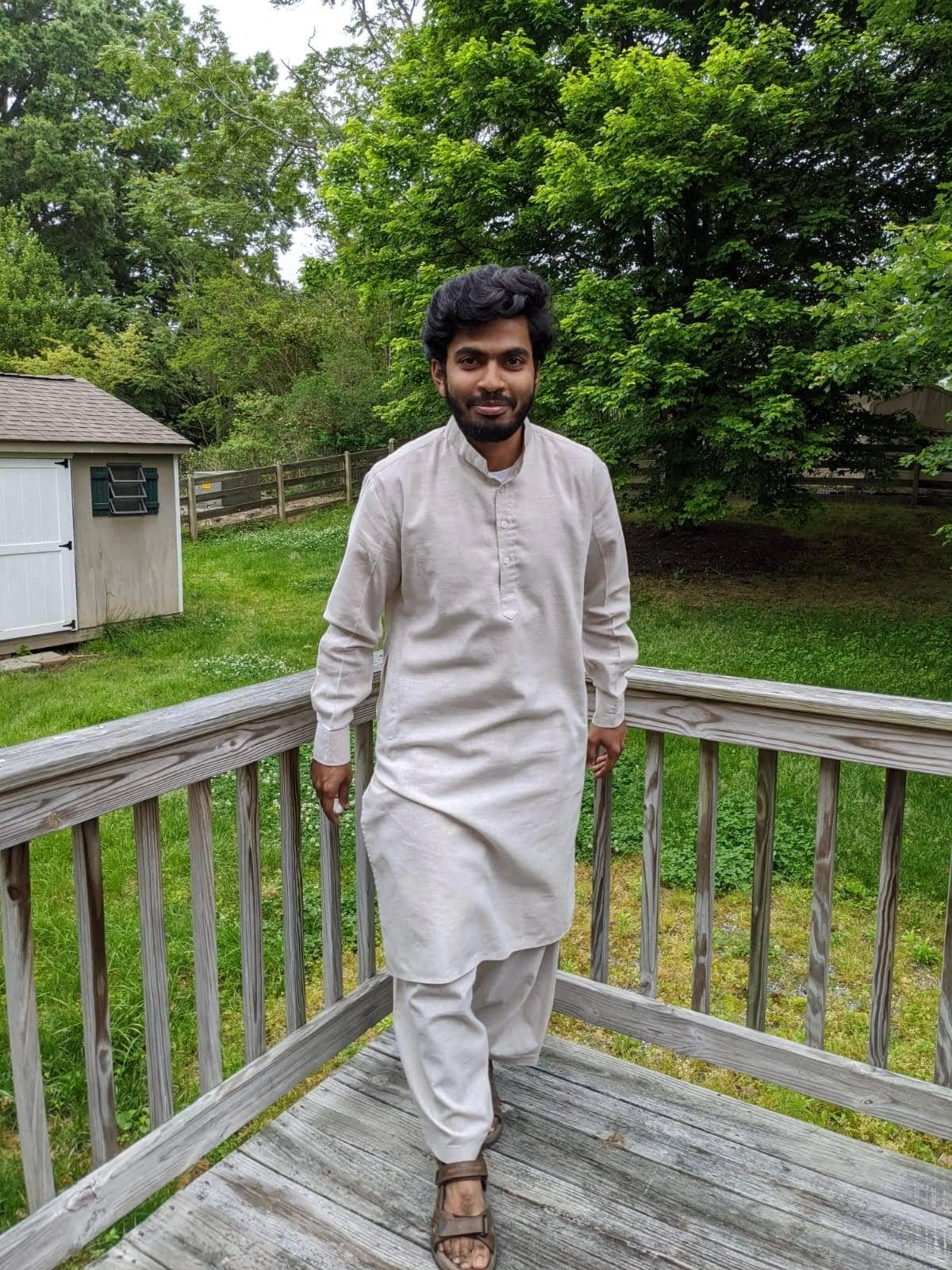In a gripping legal battle, a father, who is a seasoned police officer, finds himself at odds with his daughter, a determined lawyer, over a contentious case involving a constable he dismissed for alleged molestation. The case has sparked heated discussions within the community, raising questions about authority, accountability, and the complexities of familial loyalty. The father, a long-serving member of the police force, believes he acted in the best interest of the department and the public when he terminated the constable’s employment. His decision was based on what he deemed credible accusations that undermined the integrity of the law enforcement agency.
On the other side, the daughter, who has committed her career to the pursuit of justice and equality, views her father’s actions through a different lens. She argues that due process must be upheld and that every individual, including the constable, deserves a fair chance to defend themselves against accusations. This clash of perspectives not only highlights the personal conflict between father and daughter but also mirrors broader societal debates about the treatment of sexual misconduct allegations. The daughter’s legal background provides her with tools to challenge her father’s authority, as she advocates for a system that prioritizes fairness over expediency.
As the case unfolds, it becomes evident that the rift between them extends beyond professional disagreements. Their relationship is tested, revealing deeper issues related to trust, respect, and differing values. The father’s traditional views on law enforcement and discipline clash with his daughter’s progressive stance advocating for transparency and justice. Their confrontation becomes a microcosm of larger societal issues, illustrating how personal beliefs can influence professional decisions and vice versa. The outcome of this case could significantly impact both their lives, challenging their understanding of justice and potentially redefining their relationship.
In navigating this legal and personal turmoil, both the father and daughter are forced to confront their own biases and the implications of their choices. The father must grapple with the consequences of his decisions and whether he has upheld the principles of justice he has sworn to protect, while the daughter must reconcile her loyalty to her family with her commitment to justice. This case serves as a poignant reminder of the complexities that arise when personal and professional lives intersect, ultimately questioning whether the pursuit of justice can coexist with familial bonds.




